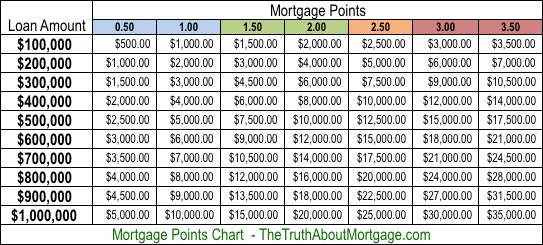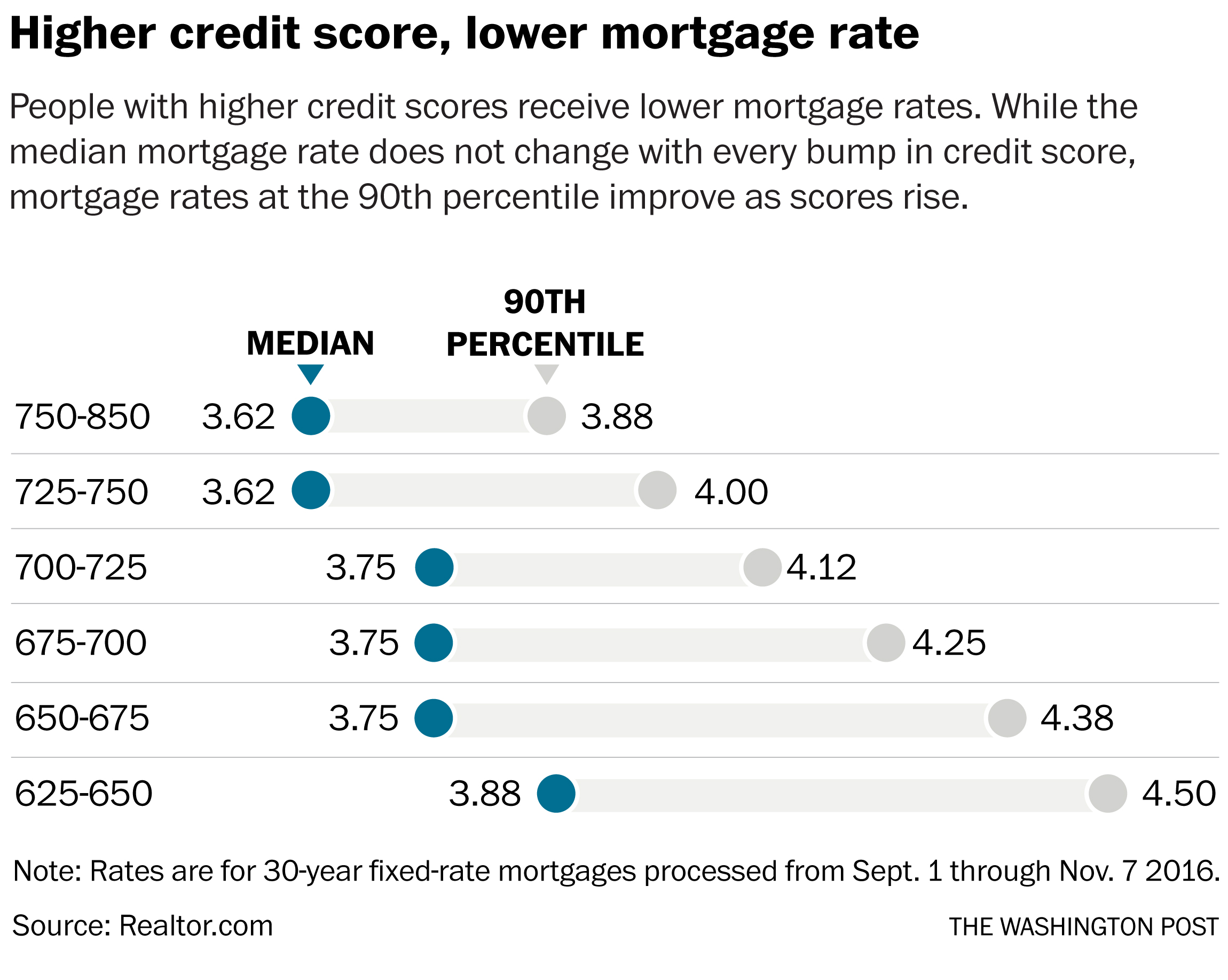If you're 62 or older and want cash to pay off your home loan, supplement your income, or pay for health care expenditures you may think about a reverse home mortgage. It allows you to convert part of the equity in your house into cash without needing to sell your house or pay additional month-to-month costs.
A reverse home mortgage can utilize up the equity in your house, which indicates less properties for you and your heirs. If you do decide to search for one, review the various types of reverse mortgages, and comparison shop before you decide on a particular business. Check out on to get more information about how reverse home loans work, receiving a reverse home loan, getting the finest deal for you, and how to report any scams you might see.
In a home loan, you get a loan in which the loan provider pays you. Reverse mortgages participate of the equity in your home and transform it into payments to you a type of advance payment on your home equity. The cash you get typically is tax-free. Normally, you do not need to repay the money for as long as you reside in your house.
Often that suggests selling the home to get cash to repay the loan. There are 3 sort of reverse home mortgages: single purpose reverse mortgages offered by some state and city government companies, as well as non-profits; exclusive reverse mortgages personal loans; and federally-insured reverse home loans, also referred to as Home Equity Conversion Home Loans (HECMs). how do muslim mortgages work.
All About How Do Land Mortgages Work
You keep the title to your home. Instead of paying regular monthly mortgage payments, though, you get an advance on part of your house equity. The money you get normally is not taxable, and it normally won't affect your Social Security or Medicare advantages. When the last making it through borrower dies, offers the house, or no longer lives in the house as a principal residence, the loan needs to be paid back.

Here are some things to consider about reverse home loans:. Reverse home mortgage loan providers usually charge an origination fee and other closing expenses, in addition to servicing fees over the life of the home loan. Some likewise charge home loan insurance premiums (for federally-insured HECMs). As you get money through your reverse home loan, interest is added onto the balance you owe each month.
A lot of reverse home mortgages have variable rates, which are tied to a financial index and change with the marketplace. Variable rate loans tend to give you more choices on how you get your cash through the reverse home loan. Some reverse home mortgages primarily HECMs use fixed rates, however they tend to need you to take your loan as a swelling amount at closing.
Interest on reverse mortgages is not deductible on tax return till the loan is paid off, either partially or in full. In a reverse mortgage, you keep the title to your home. That indicates you are accountable for real estate tax, insurance coverage, energies, fuel, upkeep, and other costs. And, if you don't pay your property taxes, keep homeowner's insurance, or maintain your home, the lending institution might require you to repay your loan.
Not known Factual Statements About How Do Muslim Mortgages Work
As a result, your lender may need a "set-aside" quantity to pay your taxes and insurance coverage throughout the loan. The "set-aside" reduces the amount of funds you can get in payments. You are still accountable for keeping your house. With HECM loans, if you signed the loan paperwork and your spouse didn't, in certain situations, your spouse might continue to live in the house even after you die if he or she pays taxes and insurance, and continues to preserve the home.
Reverse home loans can consume the equity in your house, which implies fewer possessions for you and your successors. Many reverse home loans have something called a "non-recourse" provision. This suggests that you, or your estate, can't owe more than the worth of your house when the loan ends up being due and the home is offered.
As you think about whether a reverse mortgage is ideal for you, likewise think about which of the 3 kinds of reverse mortgage might finest suit your needs. are the least pricey option - how do adjustable rate mortgages work. They're used by some state and regional government agencies, along with non-profit companies, but they're not available everywhere.
For https://jeffreynxkj011.wordpress.com/2020/10/17/not-known-incorrect-statements-about-how-fha-mortgages-work-when-youre-the-seller/ instance, the loan provider may say the loan might be utilized just to spend for house repair work, improvements, or real estate tax - how do mortgages work in the us. Most homeowners with low or moderate earnings can receive these loans. are personal loans that are backed by the business that establish them. If you own a higher-valued house, you may get a bigger loan advance from a proprietary reverse mortgage.
The 3-Minute Rule for What Banks Give Mortgages For Live Work

are federally-insured reverse home loans and are backed by the U. S. Department of Housing and Urban Advancement (HUD). HECM loans can be used for any function. HECMs and exclusive reverse home loans might be more costly than traditional home mortgage, and the upfront expenses can be high. That's crucial to consider, specifically if you prepare to stay in your home for just a brief time or borrow a percentage.
In basic, the older you are, the more equity you have in your house, and the less you owe on it, the more money you can get. Prior to requesting a HECM, you should consult with a therapist from an independent government-approved real estate therapy company. Some lending institutions using proprietary reverse mortgages likewise need counseling.
The counselor likewise must describe the possible options to a HECM like federal government and non-profit programs, or a single-purpose or proprietary reverse home loan. The counselor also should have the ability to help you compare the expenses of various kinds of reverse home loans and inform you how various payment options, fees, and other costs impact the total expense of the loan with time.
Therapy companies typically charge a charge for their services, frequently around $125. This charge can be paid from the loan profits, and you can not be turned away if you can't afford the fee. With a HECM, there typically is no particular earnings requirement. However, lenders must conduct a financial assessment when choosing whether to approve and close your loan.
Fascination About How Do Double Mortgages Work
Based on the results, the lending institution might require funds to be reserved from the loan continues to pay things like real estate tax, house owner's insurance, and flood insurance coverage (if applicable). If this is not needed, you still could agree that your lending institution will pay these items. If you have a "set-aside" or you accept have the loan provider make these payments, those amounts will be deducted from the quantity you get in loan earnings.
The HECM lets you choose among a number of payment alternatives: a single disbursement choice this is just offered with a fixed rate loan, and generally uses less money than other HECM alternatives. a "term" alternative repaired regular monthly cash loan for a particular time. a "period" alternative repaired monthly cash advances for as long as you reside in your house.
This choice restricts the quantity of interest troubled your loan, due to the fact that you owe interest on the credit that you are using. a combination of monthly payments and a line of credit. You may have the ability to change your payment choice for a small cost. HECMs normally provide you larger loan advances at a lower overall expense than exclusive loans do.